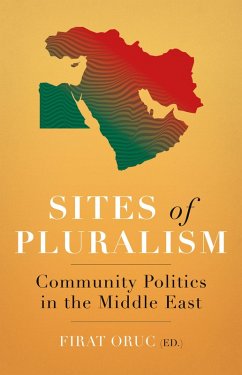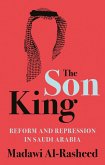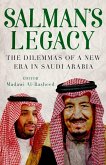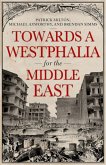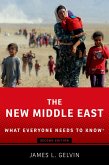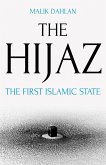Scholars and policymakers, struggling to make sense of the ongoing chaos in the Middle East, have been focusing on the possible causes of the escalation in both inter-state and intra-state conflict. But the Arab Spring has shown the urgent need for new ways to frame difference, both practically and theoretically. Within some policy circles, at the heart of these conflicts lies a fundamental incompatibility between different ethno-linguistic and religious communities; it is held that these divisions impede any form of political resolution or social cohesion. Yet, despite this galvanized public focus on pluralism and 'minorities' within the turbulent Middle East, there has been limited scholarship exploring these tensions.
Sites of Pluralism fills this significant gap, going beyond a narrow focus on minority politics to examine the larger canvas of community spheres in the Middle East. Through eight case studies from esteemed experts in law, education, history, architecture, anthropology and political science, this multi-disciplinary volume offers a critical view of the Middle East's diverse, pluralistic fabric: how it has evolved throughout history; how it influences current political, economic and social dynamics; and what possibilities it offers for the future.
Dieser Download kann aus rechtlichen Gründen nur mit Rechnungsadresse in A, B, BG, CY, CZ, D, DK, EW, E, FIN, F, GR, HR, H, IRL, I, LT, L, LR, M, NL, PL, P, R, S, SLO, SK ausgeliefert werden.

